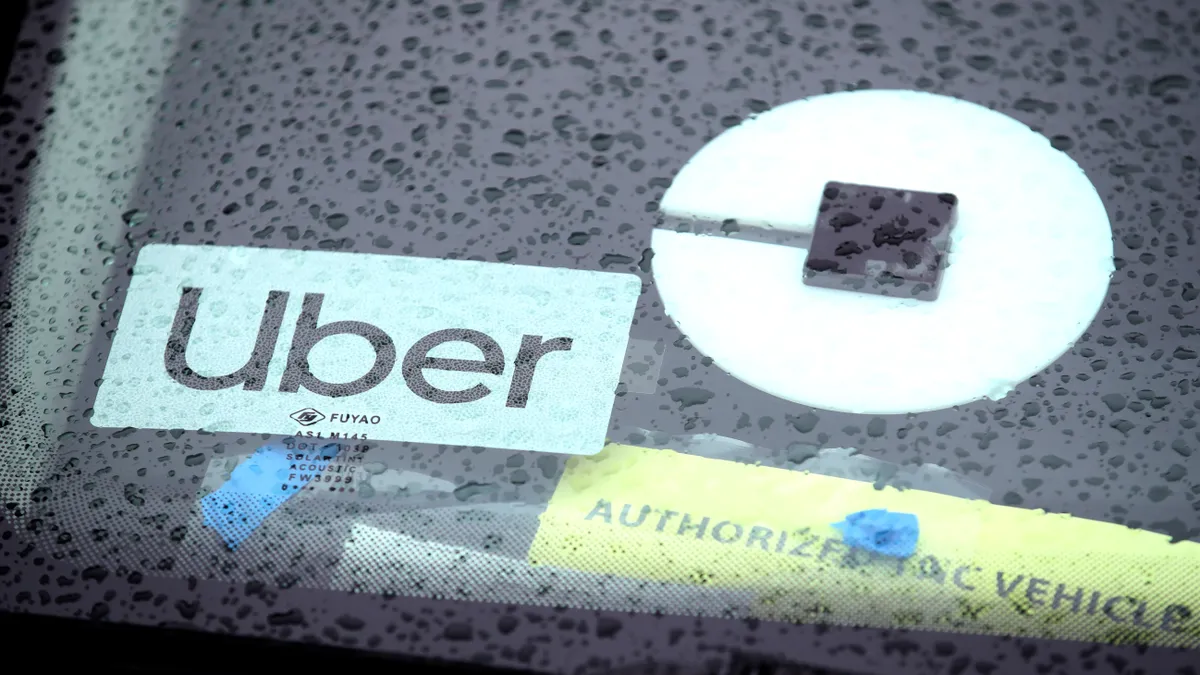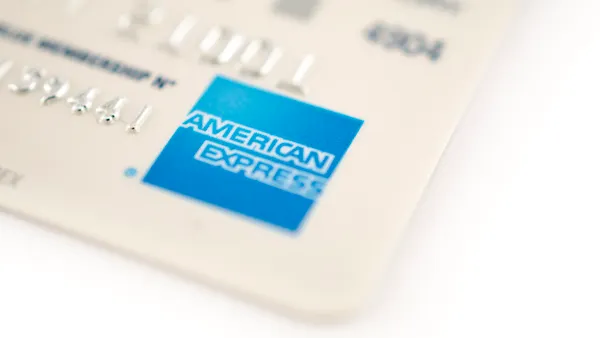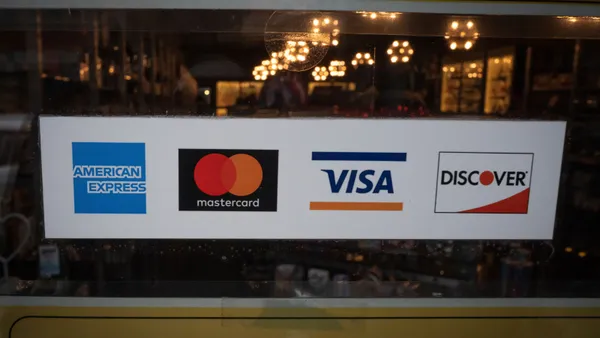More companies will enter the payments business in 2024, according to Endava Executive Vice President Scott Harkey, who noted companies embedding payments in their offerings during the past year.
They are following the example of ride-sharing app Uber, which allows riders to enter their payment information once, and then have payments happen in the background, said Harkey, who is EVP of financial services and payments.
He is also the London tech consulting firm’s global head of marketing, based in Charlotte, North Carolina, according to his LinkedIn profile. He spoke to Payments Dive about the firm acting as an integrator for Paze, a bank-backed digital wallet from Early Warning Services.
Editor’s note: This interview has been edited for clarity and brevity.
PAYMENTS DIVE: What kind of effect do you think Paze will have on the digital wallet market?
SCOTT HARKEY: I won't say that this is the Apple killer or the PayPal killer. It's not that. I don't think it's meant to be that. I think about it the same way I think about Zelle. There was a lot of criticism of Zelle like, “Why do we need another P2P service? There's already Venmo, there's already PayPal.” And my response, which is the same response the banks would give, is always, “We're not saying those go away.”

What predictions do you have for payments in 2024?
The thing that we both see happening and I think will play out the most into next year is broader and broader embedded payments. The idea of payments being integrated into multiple channels, use cases, companies.
The perfect example is the Uber experience. The idea of Uber as a transportation company taking payment APIs and embedding them into the experience in such a way that you never really have to interact with it. That's what we see being replicated across all kinds of industries.
Can you provide an example of a specific industry embedding payments? (For reference, Turo is a peer-to-peer car-sharing app.)
We work with a European car manufacturer. Part of their model is they allow for peer-to-peer rentals of your vehicle. Kind of like Turo, where you can rent the car, but they facilitate the whole thing. In the same app that you use to manage the car and interact with the car, you can actually mark the car available for rent, and then someone else can rent it. And it's facilitated by the car manufacturer.
That all sounds cool. But the even cooler part is the money exchange part of that, because that would be a friction heavy experience. If I rent you my car, okay, are you gonna pay me? When are you paying me? Do you pay me before? Do you pay me after? How do I know you're gonna pay me? What if you mess it up? All that's been handled in the platform.
I rent out my car. I set a rate for it. I get paid if it gets rented. It all just happens. And again to me, that's the perfect example. This is a car manufacturer, right? This is not an Uber-type service or a Turo that's built a whole product based around car rentals. It's a car manufacturer saying part of how they're going to go to market is going to be able to create this shared network. And to do that they're going to facilitate the payment.
Do you think the U.S. will have a super app for payments like WeChat in China?
I've learned that there are actually pretty different cultural dynamics about the preference around choice. In the U.S., we prefer choice. There's a reason we don't have super apps, right? We don't want an answer to everything. We want five choices so that we feel like we can pick the one that best suits us.
And other cultures, especially in some Eastern cultures, that's not the case. And as such those super apps emerged in those markets because of that consumer preference and behavior for a more singular answer.
I think consumers in the U.S., in particular, like choice. They like options. They can pick what works best for them.












